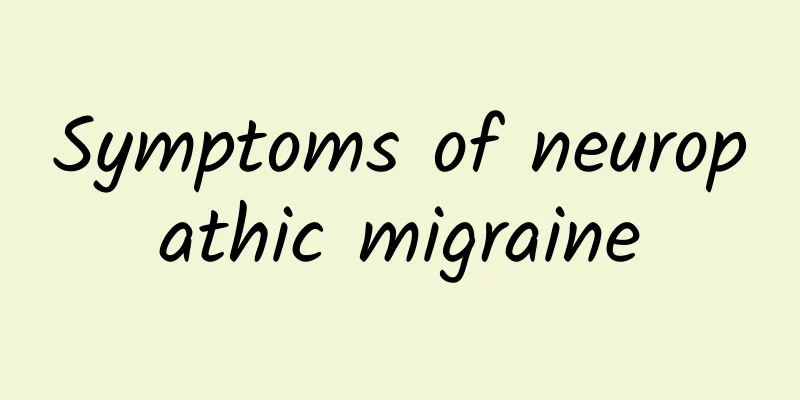Why do people get autism?

|
Autism is a mental illness that affects many people. The causes of autism include genetic infection or immune factors. The presence of some metabolic diseases may also induce autism. 1. Genetic factors Twin studies have shown that the co-morbidity rate of autism in monozygotic twins is as high as 61% to 90%, while there is no obvious co-morbidity in fraternal twins. The estimated recurrence rate among siblings is around 4.5%. These phenomena suggest that autism has a genetic predisposition. Studies have shown that certain chromosomal abnormalities may lead to the occurrence of autism. 2. Infection and immune factors As early as the late 1970s, studies have found that when pregnant women are infected with a virus, their offspring are more likely to suffer from autism. Later, several studies suggested that there may be a certain relationship between infection during pregnancy and the occurrence of autism. Currently known related pathogens include rubella virus, cytomegalovirus, varicella-zoster virus, herpes simplex virus, Treponema pallidum and Toxoplasma gondii. It is currently speculated that the antibodies produced by these pathogens enter the fetus through the placenta, causing a cross-immune reaction with the fetus's developing nervous system, interfering with the normal development of the nervous system, and thus leading to the occurrence of autism. 3. Stimulation of physical and chemical factors during pregnancy If pregnant women have a history of using thalidomide and valproate anti-epileptic drugs, as well as alcoholism in the early stages of pregnancy, the chances of their offspring developing autism may increase. According to these studies, offspring of rats given a single high-dose intraperitoneal injection of sodium valproate at 12.5 days of gestation showed autism-like behavioral manifestations. Other studies have found that exposure of pregnant rats to repeated freezing stimulation will also increase the chance of their offspring suffering from autism; when pregnant rats are subjected to repeated freezing stimulation, their offspring also show behavioral characteristics of autism. 4. Metabolic diseases Congenital metabolic disorders such as phenylketonuria cause dysfunction and disorders of brain cells, which will affect the function of brain nerve information transmission and cause autism. 5. Brain injury Factors including incomplete brain development caused by distressed miscarriage during pregnancy, premature birth, difficult labor, neonatal brain injury during delivery, and brain damage in infants due to infections such as encephalitis and meningitis may increase the chance of autism. |
<<: What should I do if my ears bleed? How to take care of bleeding ears
>>: What causes pain in the liver area caused by hepatic hemangioma?
Recommend
How to treat facial stroke
Stroke is what we call it in traditional Chinese ...
How to prevent recurrence of purpuric nephritis
Purpura nephritis is an inflammatory reaction of ...
Can I shave my armpit hair?
Armpit hair affects our image. Many friends want ...
Chinese herbal medicine for bad breath
Stubborn bad breath is not only harmful to the pa...
What are the symptoms of bile meridian blockage?
The gallbladder meridian is also a meridian in th...
How to use fire therapy essential oil
Fire therapy is a very ancient Chinese medicine t...
The efficacy and function of lotus seed shell
Everyone is familiar with lotus seeds. This is a ...
What Chinese medicine is good for cervical spondylosis
Cervical spondylosis has always troubled people&#...
Long placenta abdominal feeling
Everyone is generally familiar with the placenta....
What should elderly people with vascular dementia not eat?
Vascular dementia in the elderly is a common card...
How to get rid of stye quickly
I don’t know if there are any people with sty aro...
What should I do if I vomit after eating during pregnancy?
Morning sickness is a symptom that most women wil...
How many days after my period is gone can I have sex?
As a woman, you must understand one thing, that i...
Red sticky substance in stool
Although in real life many people do not have the...
What can't you eat after hyaluronic acid injection?
Nowadays, women are undergoing plastic surgery to...









